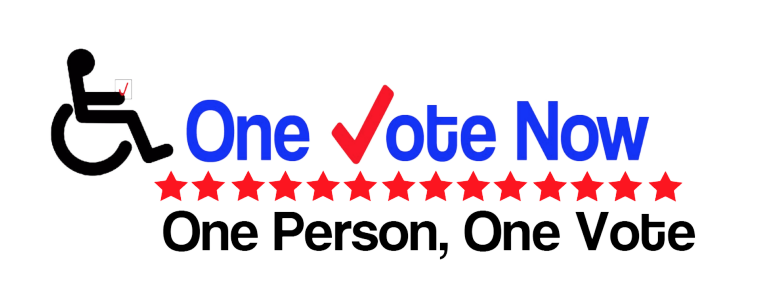Laura W. Brill: Will 4 million young people vote? Not without encouragement.
Election Day is six months away, and most of our country’s four million 18-year-olds are not yet registered to vote. Most high schools have no plans in place to help seniors register to vote before they graduate.
In the largest Pennsylvania school districts in states where youth turnout is likely to play an important role, only a small fraction of 18-year-olds are even registered. In the Pittsburgh school district, only 14.5% of 18-year-olds were registered as of the close of 2021. In Philadelphia, the rate was just 15.2%.
People ask: Why should anyone care? If young people don’t register without help, do we really want them voting?
Yes. We need their energy, creativity, and leadership if we are going to craft the best solutions to our most vexing challenges. And their knowledge. Laws and policies affect youth in distinct ways, and they can help us see what works and what doesn’t. Those who are not registered are politically invisible, and will simply be overlooked.
We also need to involve them in the nation’s political life now. If young people have no voice in the political process, it is all too easy for them to become cynical and defeatist about the prospects for our country and their place in it. Today’s high schoolers will lead us into the future, whether we’ve helped them get ready or not.
In state after state, the common assumption is that young people will invariably register to vote as soon as they turn 18 or that mechanisms like online voter registration and automatic voter registration will get them to register. But they don’t.
For example, the DMV encourages young people to register when they get their learner’s permit or driver’s license. But many young people are not getting driver’s licenses, and those who do often receive their learner’s permits before they are old enough to take advantage of DMV voter registration opportunities.
Many people assume that few registered youth vote, so that promoting registration is not worthwhile. The numbers tell a different story. In 2020, based on US Census data, 86% of registered youth (ages 18-24) voted. As far back as 2004, more than 75% of registered youth in the same age range turned out in presidential elections. In the 2018 midterm election 66% of registered young people turned out.
The institutions that are in the best position to solve this problem are our nation’s high schools. They have a nonpartisan educational relationship with youth as they are about to enter the political process as voters.
Many high schools, however, are under-resourced and overwhelmed by the educational, social, and public health challenges they have been required to face over the last two years with little support. When neither state laws nor parents and other constituents hold them accountable for low levels of voter registration and electoral participation, it is predictable enough that they would not set aside time for this effort.
That is exactly what is happening. In a study from last year, my co-authors and I researched school district policies and practices throughout Los Angeles County.
For example, 20 of the 36 school districts in L.A. County that responded appear to have no (or almost no) programming relating to voter registration. This despite state laws requiring schools to identify a voter registration contact and to teach students the steps in registering to vote.
Low rates of youth voter registration and participation is a decades-old problem, and it will not end with one election cycle. Students, parents, school leaders and public officials do, however, have a historic opportunity over the next few weeks to steer things in the right direction.
Across the country, communities will be gathering for graduation ceremonies to celebrate the accomplishments of this year’s high school seniors. The focus will be on the future, readiness, values, leadership, and coming of age. In other words, on becoming an engaged citizen of society. A crucial part of that is voting.
Graduation planners may not have realized what a profound role they can play in encouraging students to register to vote. Registration materials can be included in the graduation packets, for example. Speakers can urge graduates to register as they send them out into the world.
With an onslaught of voter suppression laws passing in many states and the Senate’s inability earlier this year to pass voting rights reforms, encourage young people to is a concrete way to renew the strength of our democracy in our own communities. Whether young people will turn out in the midterms in November is not a matter of prediction. It is a matter of organizing and asking.
